Everyone requires a good solid sleep to function optimally. Some people need less than the average 8 hours without feeling drowsy while others don’t function at their peak without at least 10 hours of sleep.
Ironically, many people neglect sleep in their efforts to excel at work or other activities. But, lack of sleep can not only negatively impact your performance, but also your overall health.
Why do you need it?
- Learning & memory: Sleep helps the brain commit new information to memory through a process called memory consolidation. Studies have shown that people who slept after studying a task did better on later tests. Losing even one sleep session can decrease your cognitive performance by 30%.
- Metabolism & weight: Chronic sleep deprivation may cause weight gain by altering your hormone levels that control appetite leaving you more hungry and craving carbohydrate-rich foods. It also changes the way the body processes and stores fat.
- Mood: Most people have experienced irritability, impatience and lack of concentration without getting enough sleep. If that’s not enough to shake up your mood, the mood-regulating hormone serotonin is also reduced with a lack of sleep. Depression rates are higher in people who suffer from insomnia.
- Immune function & disease: Go a few nights without sleep and you may be more likely to get sick. The body uses sleep as a time to heal and repair itself. When the body is in deep sleep, blood vessels dilate and deliver blood and nutrients to tissue, allowing the body to focus on immune function, healing and tissue repair.
- Cancer prevention: Recent studies suggest that melatonin, a hormone that helps to regulate sleep, is actually being linked to prevention of certain cancers. Sleeping in a pitch dark room will help to ensure your body maximizes it’s melatonin production.
Evaluate how much sleep you need by going to bed earlier and trying to get up without an alarm clock. Keeping a regular sleep and exercise schedule can help improve the quality of your slumber. Avoiding caffeine, alcohol, heavy meals or smoking before bed will also make it easier for you to fall asleep faster when your head hits the pillow.
Sleep is as much a part of healthy living as diet and exercise – so, sweet dreams! To learn more, please contact our Oakville clinic to book an appointment with a Naturopathic Doctor.


